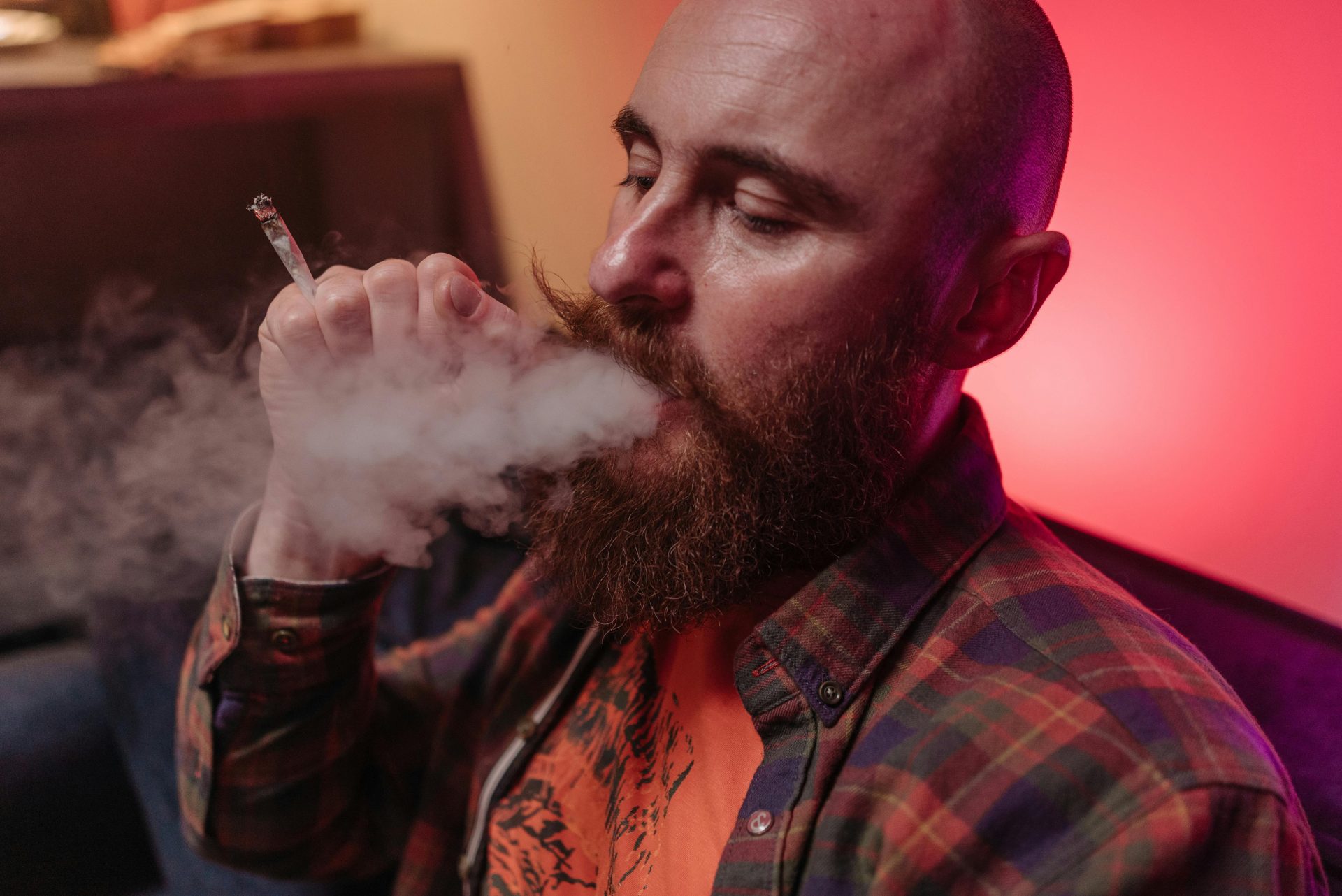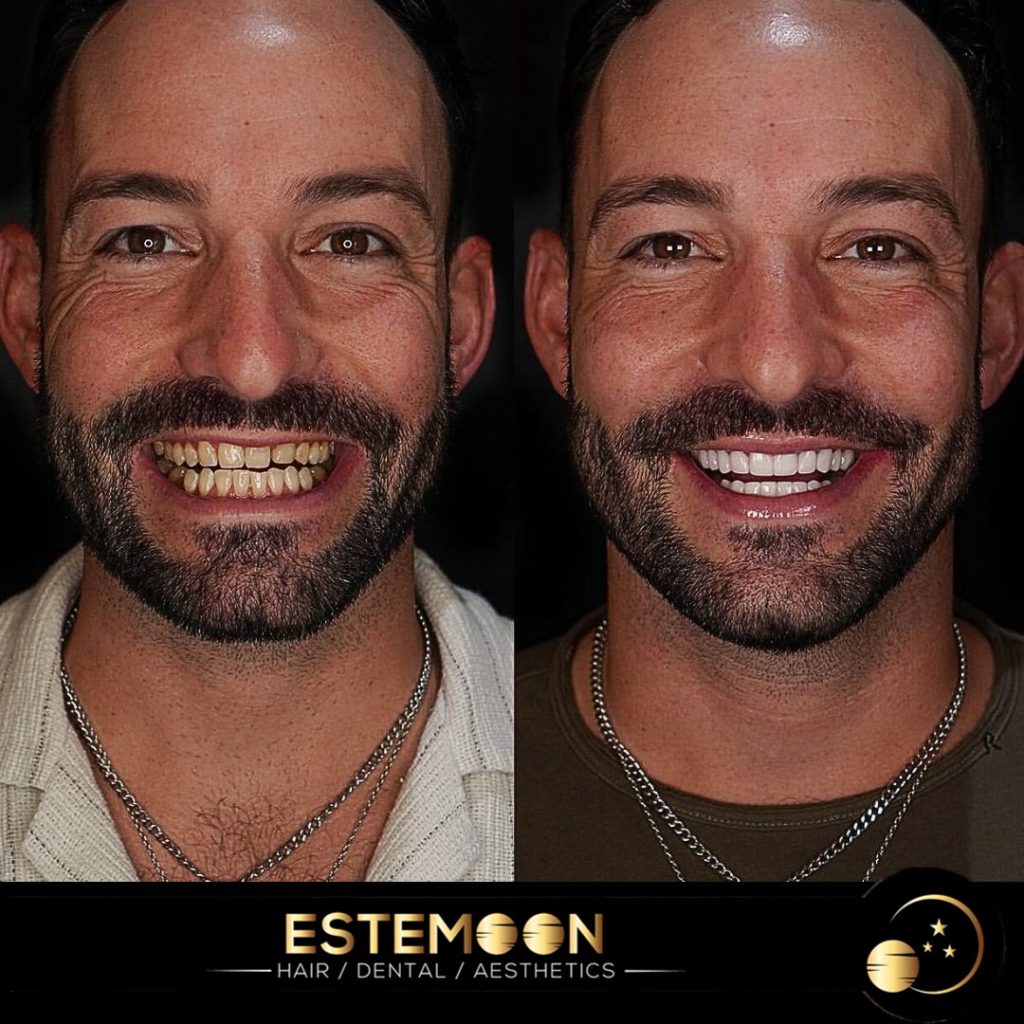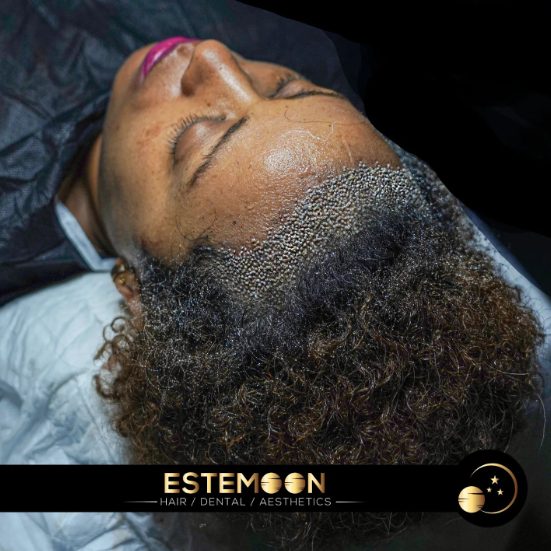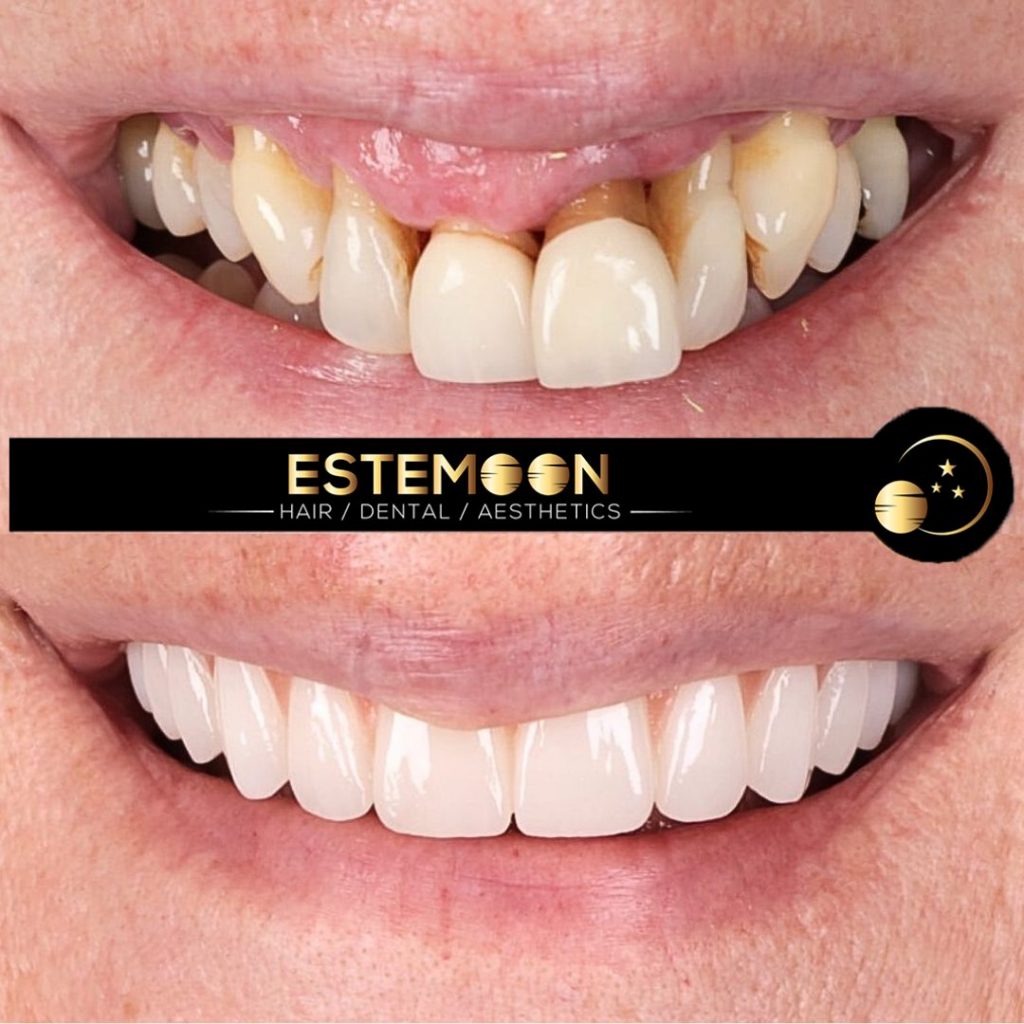Hair transplants have become an increasingly popular solution for those seeking to restore their hair and confidence. However, one factor that can significantly affect the success of this procedure is smoking. Whether you are a habitual smoker or someone who occasionally indulges, understanding the impact of smoking on your hair transplant is crucial. In this blog, we will delve into how smoking affects the hair transplant process, the healing stages, and the long-term results.
The Science Behind Hair Transplants
Before discussing how smoking impacts hair transplants, it’s important to understand how the procedure works. A hair transplant involves taking hair follicles from a donor area (typically the back or sides of the scalp) and transplanting them to a recipient area where hair is thinning or balding. The success of the transplant relies heavily on the health of these follicles and the scalp’s ability to support new hair growth.
How Smoking Affects the Body and Scalp
Reduced Blood Flow
Smoking is known to cause vasoconstriction, which is the narrowing of blood vessels. This leads to reduced blood flow to various parts of the body, including the scalp. Blood flow is essential for delivering oxygen and nutrients to the hair follicles, both of which are necessary for their survival and growth. When blood flow is compromised, the transplanted hair follicles may not receive the nourishment they need, which can lead to poor graft survival and suboptimal results.
Impaired Wound Healing
Another significant impact of smoking is impaired wound healing. The chemicals in cigarettes, such as nicotine and carbon monoxide, interfere with the body’s natural healing processes. For instance, nicotine reduces the production of collagen, a protein that plays a key role in wound healing. Moreover, carbon monoxide decreases the amount of oxygen that reaches tissues, further hindering the healing process. Since a hair transplant involves creating tiny wounds in the scalp, impaired healing can lead to complications such as infection, prolonged redness, and scarring.
Increased Risk of Infection
Smokers are more susceptible to infections due to their compromised immune systems. The reduced blood flow and oxygenation caused by smoking create an environment where bacteria can thrive. In the context of a hair transplant, an infection can be particularly detrimental. It can damage the newly transplanted follicles, leading to graft failure and potentially more severe complications.
Smoking Before the Hair Transplant
The Importance of Pre-Operative Care
If you are a smoker considering a hair transplant, your surgeon will likely advise you to quit smoking before the procedure. Quitting smoking at least two weeks prior to the surgery can significantly improve your chances of a successful transplant. This period allows your body to restore blood flow, improve oxygen levels, and enhance immune function, all of which contribute to better healing and graft survival.
Potential Risks of Not Quitting
Failing to quit smoking before a hair transplant can lead to several risks. The most immediate concern is that your body may not heal properly, which can compromise the outcome of the surgery. Additionally, smoking can increase the likelihood of graft rejection, meaning that the transplanted hair follicles may not take root in the recipient area. This could result in poor hair growth, uneven results, or the need for additional procedures.
Smoking After the Hair Transplant
Post-Operative Care and Recovery
The post-operative period is critical for the success of your hair transplant. Smoking during this time can severely hinder your recovery. As mentioned earlier, smoking reduces blood flow and impairs wound healing, both of which are crucial for the newly transplanted follicles to thrive. Continuing to smoke after the surgery can also prolong the recovery process, increase the risk of complications, and negatively affect the overall outcome of the transplant.
Long-Term Effects on Hair Growth
Even after the initial recovery period, smoking can have long-term effects on your hair transplant. Smokers are more likely to experience hair thinning and loss, even in areas that were previously transplanted. This is because smoking contributes to ongoing damage to the blood vessels and hair follicles, which can ultimately affect the density and appearance of your hair over time.
Quitting Smoking: The Best Choice for Your Hair Transplant
Benefits of Quitting
Quitting smoking is not only beneficial for your overall health but also for the success of your hair transplant. When you quit smoking, your body begins to repair itself. Blood flow improves, oxygen levels increase, and your immune system becomes more robust. All of these factors contribute to better healing, higher graft survival rates, and more successful hair transplant outcomes.
Tips for Quitting
If you’re finding it challenging to quit smoking, consider seeking support from a healthcare professional. There are various methods available to help you quit, such as nicotine replacement therapy, prescription medications, and counseling. Additionally, adopting a healthy lifestyle that includes regular exercise, a balanced diet, and stress management techniques can make the quitting process easier.
Final Thoughts: Smoking and Hair Transplant Success
The decision to undergo a hair transplant is a significant one, and ensuring the best possible outcome should be your top priority. Smoking poses a serious risk to the success of a hair transplant, from reducing blood flow to impairing wound healing and increasing the risk of infection. Quitting smoking before and after the procedure can greatly enhance your chances of achieving the desired results. If you’re committed to restoring your hair and confidence, making the choice to quit smoking is an investment in both your health and the success of your hair transplant.




